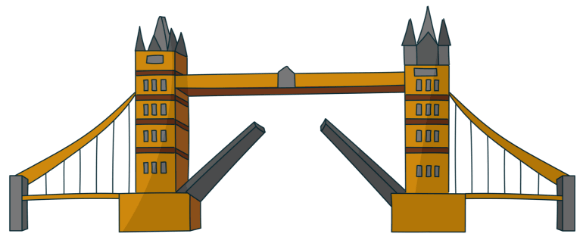The US begins an extensive aid program in Taiwan to provide military and economic assistance, including funding for culture and education.




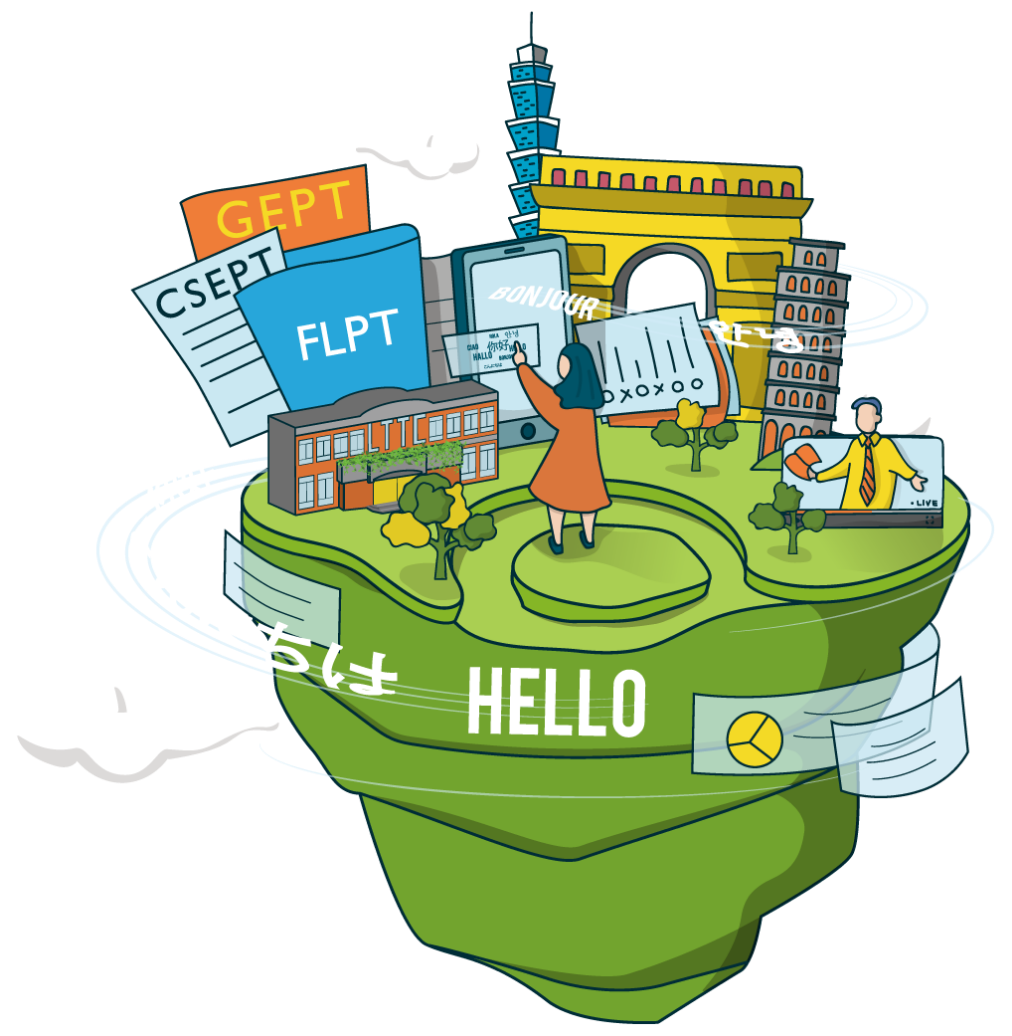






Please select a year from the buttons above or drag your mouse
(finger if using a touchscreen)
left or right to view different years. Click to close this message.



1951
The US begins an extensive aid program in Taiwan to provide military and economic assistance, including funding for culture and education.
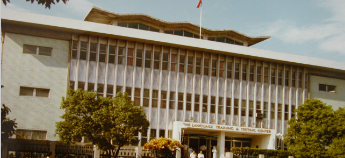 ➤
➤
Under the US aid program, the Language Training & Testing Center (LTTC) is founded under the name “English Training Center.”
1965
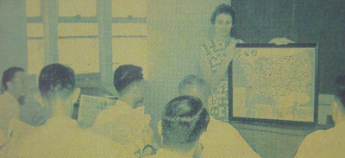 ➤
➤
The English Training Center is renamed the Language Center, coinciding with the establishment of Taiwan’s first language lab. The Foreign Language Proficiency Test (FLPT) is launched the same year under the administration of the Language Center. more...
1966
 ➤
➤
The Language Center starts to administer the Test of English as a Foreign Language (TOEFL) on behalf of the US Educational Testing Service (ETS).
1968
Taiwan extends compulsory education to nine years , marking a new chapter in the nation’s development.
1970
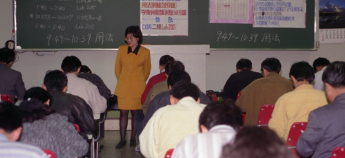 ➤
➤
The Tourism Bureau adopts the FLPT as a requirement for tour guide certification.
1976
Taiwan’s Ministry of Education (MOE) adopts the FLPT for assessing the language abilities of applicants wishing to pursue academic studies in Japan and Europe.
1979
The US government breaks diplomatic ties with Taiwan.
The Language Center is officially renamed “The Language Training & Testing Center,” or the LTTC.
1983
The MOE mandates the inclusion of 2nd foreign language elective courses for senior high school students.
The LTTC begins to administer the Test of English for International Communication (TOEIC) on behalf of the ETS.
1984
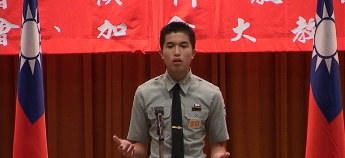 ➤
➤
The LTTC is commissioned by the MOE to organize collegiate-level speech contests in English and Japanese. more...
1985
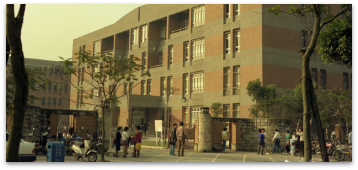 ➤
➤
The LTTC moves into National Taiwan University’s Language Center Building, where it continues to operate today.
1986
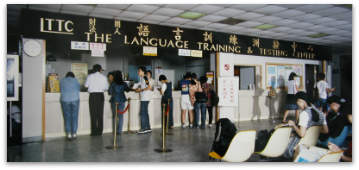 ➤
➤
The LTTC officially registers to become an educational foundation.
1991
The LTTC is commissioned to administer the Japanese-Language Proficiency Test (JLPT).
1996
The MOE selects three pilot schools to provide 2nd foreign language instruction at senior high schools.
The LTTC establishes the Prometric Testing Center to administer computer-based tests.
1997
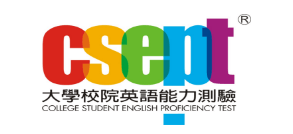 ➤
➤
The LTTC launches the College Student English Proficiency Test (CSEPT).
1998
The MOE officially introduces a new policy to promote the concept of “life-long learning,” which includes the promotion of foreign language learning.
The LTTC is commissioned to administer the Graduate Record Examinations (GRE) General Test.
1999
The MOE launches a five-year initiative to establish 2nd foreign language courses at senior high schools across the entire nation.
To further promote “life-long learning,” the MOE provides a funding grant to the LTTC to begin development of the General English Proficiency Test (GEPT). more...
2000
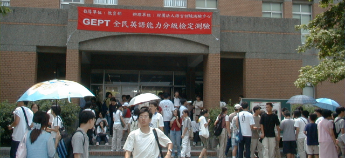 ➤
➤
The Intermediate-level GEPT is launched.
The LTTC publishes a 4-level Japanese coursebook entitled 日本語 GoGoGo.
2001
The MOE introduces major revisions to its nine-year compulsory education curriculum.
Compulsory English education is implemented in elementary schools, starting in 5th and 6th grades.
 ➤
➤
Prof. Cyril Weir of the University of Reading joins the GEPT research committee.
The LTTC is commissioned by the MOE to work with technical and vocational schools to develop English assessment tests for students and training programs for English teachers. more...
2002
Taiwan joins the World Trade Organization (WTO).
The Executive Yuan announces the Challenge 2008: National Development Plan, which includes plans to create “an English speaking environment” across the nation. more...
The Personnel Administration Office of the Executive Yuan adopts the FLPT as screening criteria for civil servants seeking to conduct research overseas or attend short-term English training courses.
The LTTC is commissioned to administer the Examination for Japanese University Admission for International Students (EJU).
The LTTC is commissioned to administer the Test Deutsch als Fremdsprache (TestDaF).
2003
The LTTC establishes a scholarship program for postgraduate students in linguistics.
2004
The total number of GEPT test takers exceeds one million.
The FLPT and GEPT are officially adopted by the Executive Yuan as measures of language proficiency for civil servants seeking promotion.
The LTTC is commissioned to administer Cambridge Assessment English exams.
2005
English language education is officially expanded to begin at 3rd grade at elementary schools across the nation.
The MOE issues official guidelines on the use of English examinations for certification purposes.
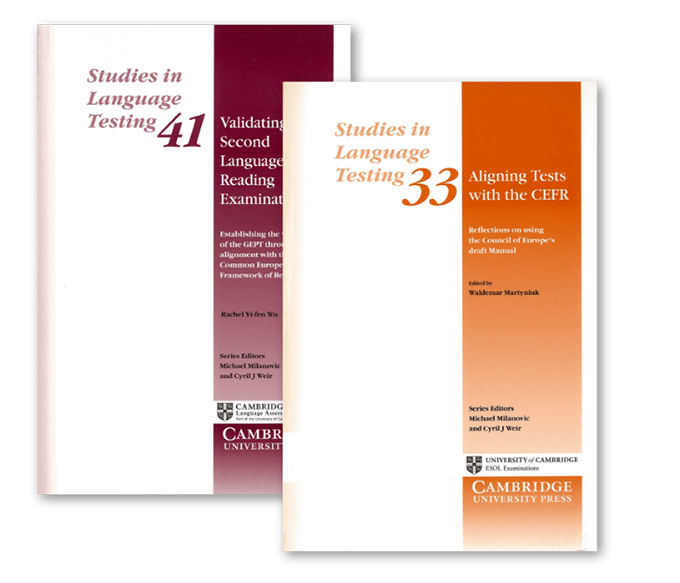 ➤
➤
The first comparison study of the GEPT and the Common European Framework of Reference is conducted.
2006
The LTTC is commissioned to administer Japan’s Licensed Guide Interpreter Test in Taiwan.
2007
The GEPT is administered in Vietnam, marking the first time the test is administered overseas.
The LTTC collaborates with the Graduate Institute of Linguistics at National Taiwan University to create the LTTC English Learner Corpus and related online learning tools.
The LTTC begins holding English academic writing courses at Academia Sinica, the nation’s top research institution.
2008
The Executive Yuan continues with official plans “to create an environment friendly to the international community.”
The Foreign Language Education Center for Senior High Schools is established.
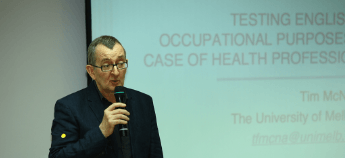 ➤
➤
Prof. Charles Alderson from Lancaster Univ., Prof. Lyle Bachman and Prof. Antony Kunnan from UCLA, and Prof. Tim McNamara from the Univ. of Melbourne join the LTTC as consultants for language test development. more...
2009
The Executive Yuan begins a new major public infrastructure initiative, which includes programs to improve the English proficiency of all citizens.
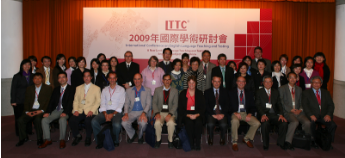 ➤
➤
The LTTC hosts its first major international academic conference. The LTTC now regularly holds conferences in the fields of language teaching and testing.
The LTTC begins an award program for outstanding GEPT Essays. more...
2010
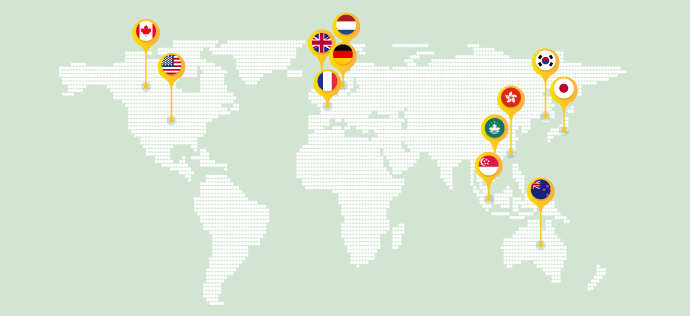 ➤
➤
The GEPT is internationally recognized: 97 tertiary institutes across 27 countries adopt it as a reliable means of measuring Taiwanese students’ English language ability. more...
2011
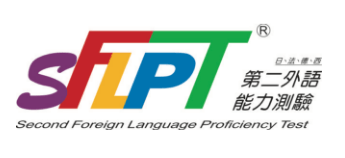 ➤
➤
The LTTC launches the Second Foreign Language Proficiency Test (SFLPT).
2012
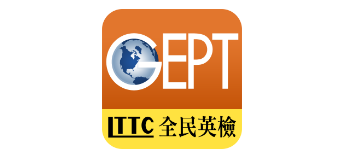 ➤
➤
The LTTC launches the first GEPT app.
The LTTC obtains certification under the Bureau of Employment and Vocational Training’s Taiwan TrainQuali System.
2013
The LTTC’s Administrative Operating System gains ISO9001 quality management certification.
The LTTC publishes the first issue of the journal The Way of Language.
2014
The MOE promulgates the general curricular framework for Twelve-Year Compulsory Education.
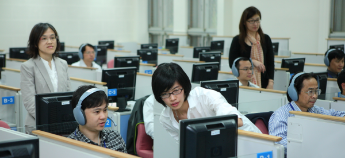 ➤
➤
The LTTC provides workshops on the development of English assessment for the University of Language and International Studies (ULIS), Vietnam.
The LTTC collaborates with elementary schools in Taipei on piloting courses in Japanese and European languages for kids. more...
2015
English listening assessment is included in both college entrance exams and the Comprehensive Assessment Program for Junior High School Students.
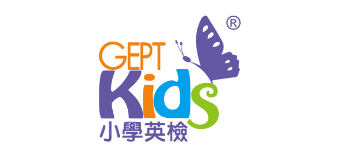 ➤
➤
GEPT Kids is launched, featuring 18 items of individualized diagnostic feedback.
The LTTC begins to fund English teaching activities for elementary and middle schools in remote areas.
2016
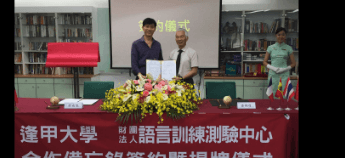 ➤
➤
The LTTC collaborates with Feng Chia University on providing FLPT- and SFLPT-related resources and establishing the evaluation standards for foreign language courses.
The LTTC is commissioned to administer the Test of Proficiency in Korean (TOPIK).
2017
The Executive Yuan re-proposes the idea of stipulating English as an official language in Taiwan. more...
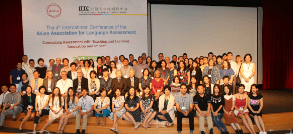 ➤
➤
The LTTC hosts conferences for the Asian Association for Language Assessment and the Academic Forum on English Language Testing in Asia.
The LTTC accepts a commission from the MOE in Vietnam to conduct workshops on the logistics of administering large-scale English tests—using the GEPT as an example.
2018
The National Development Council promulgates the policy of transforming Taiwan into a bilingual country by 2030.
The LTTC establishes the LTTC Teaching and Research Grant program.
2019
The Taiwanese government officially implements the 2019 competency-driven curriculum.
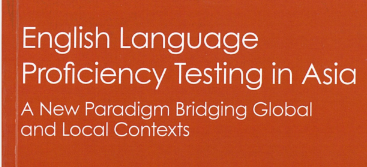 ➤
➤
A special volume entitled English Language Proficiency Testing: A New Paradigm Bridging Global and Local Contexts is published.
The LTTC is commissioned by the Taipei City Government Department of Education to develop listening and speaking assessment tools adopting a CLIL approach for 1st- and 2nd-grade life science courses. more...
2020
The MOE announces its “White Paper on International Education for Primary and Secondary Schools 2.0” with 13 actions plans including the promotion of bilingual education.
Thanks to Taiwan’s successful prevention and control of COVID-19, the LTTC becomes the only institute to administer TOPIK during this period.
The LTTC celebrates the GEPT’s 20th Anniversary. The number of test takers exceeds eight million. more...
2021
The Taipei City Government selects one senior high school to pilot the International Baccalaureate (IB) program.
 ➤
➤
In response to the competency-driven curriculum, the LTTC adjusts the assessment design of the GEPT’s listening and reading components. Meanwhile, The LTTC also launches the GEPT Diagnosis Room initiative to offer individualized feedback to test takers.
The LTTC celebrates its 70th anniversary and its 35th anniversary as a registered educational foundation. more...
To further promote “life-long learning,” the MOE provides a funding grant to the LTTC to begin development of the General English Proficiency Test (GEPT).
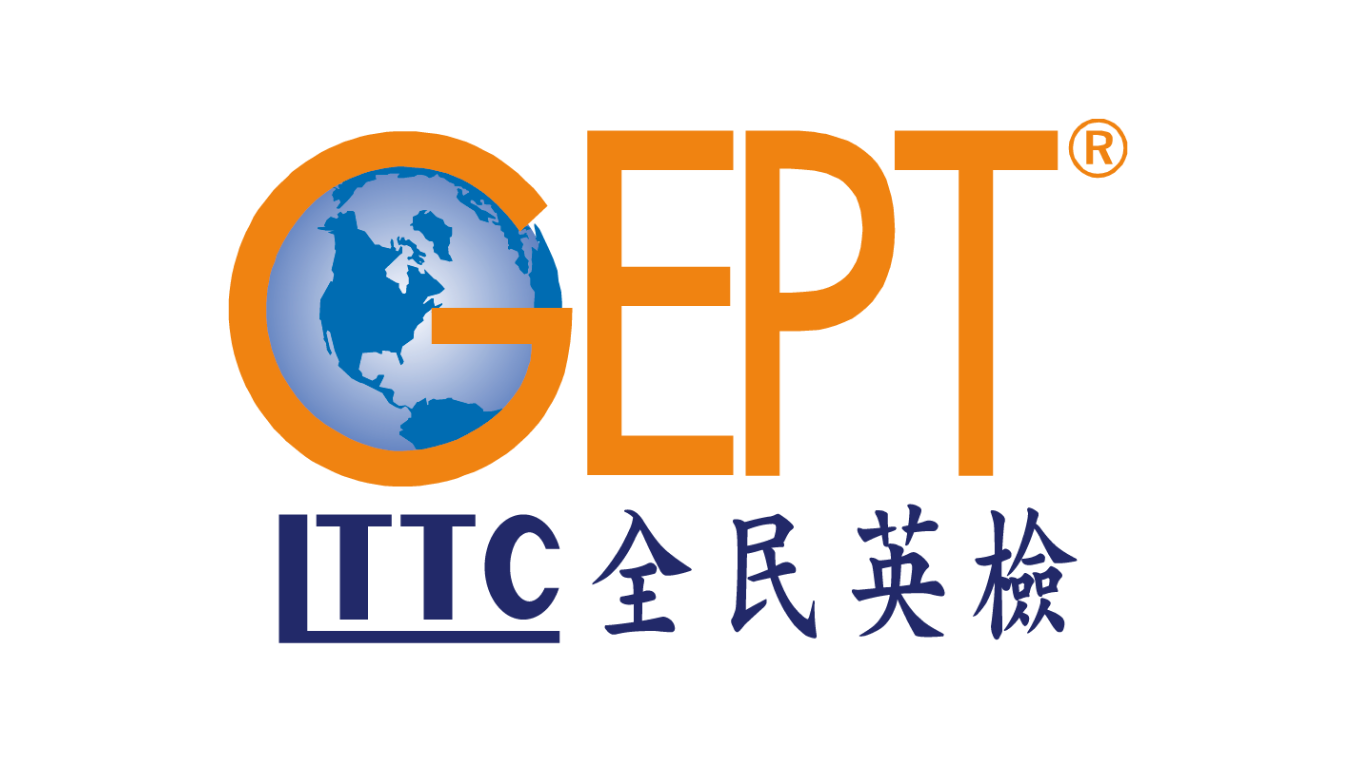
The LTTC accepts a commission from the MOE to develop and administer a special test for assessing the language proficiency of English teachers at elementary schools.
Prof. Cyril Weir of the University of Reading joins the GEPT research committee.
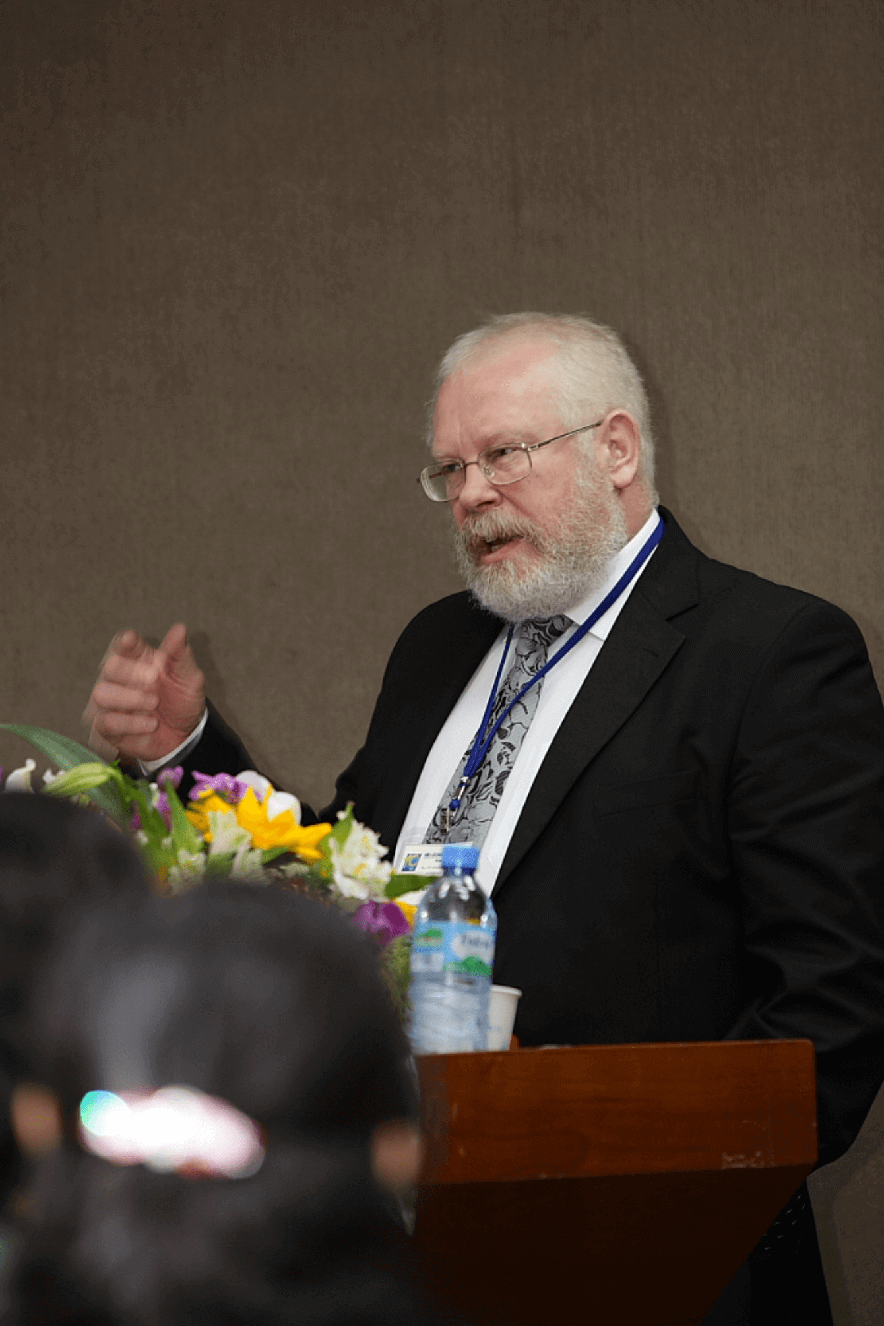
The LTTC is commissioned by the MOE to work with technical and vocational schools to develop English assessment tests for students and training programs for English teachers.
The LTTC begins an award program for outstanding thesis and dissertation work in language assessment and teaching.
Taiwan joins the World Trade Organization (WTO).
The Executive Yuan announces the Challenge 2008: National Development Plan, which includes plans to create “an English speaking environment” across the nation.
The Executive Yuan proposes to make English one of Taiwan’s official languages.
English language education is officially expanded to begin at 3rd grade at elementary schools across the nation.
The MoE issues official guidelines on the use of English examinations for certification purposes.
The MoE starts the second phase of its five-year initiative to offer 2nd foreign language education at senior high schools across the nation.
The GEPT is internationally recognized: 97 tertiary institutes across 27 countries adopt it as a reliable means of measuring Taiwanese students’ English language ability.

The LTTC launches the GEPT online self-evaluation system.
The LTTC establishes the LTTC-GEPT Research Grant program.
The LTTC administers the GEPT in Dongguan and Huadong, China, at schools for students of Taiwanese business people.
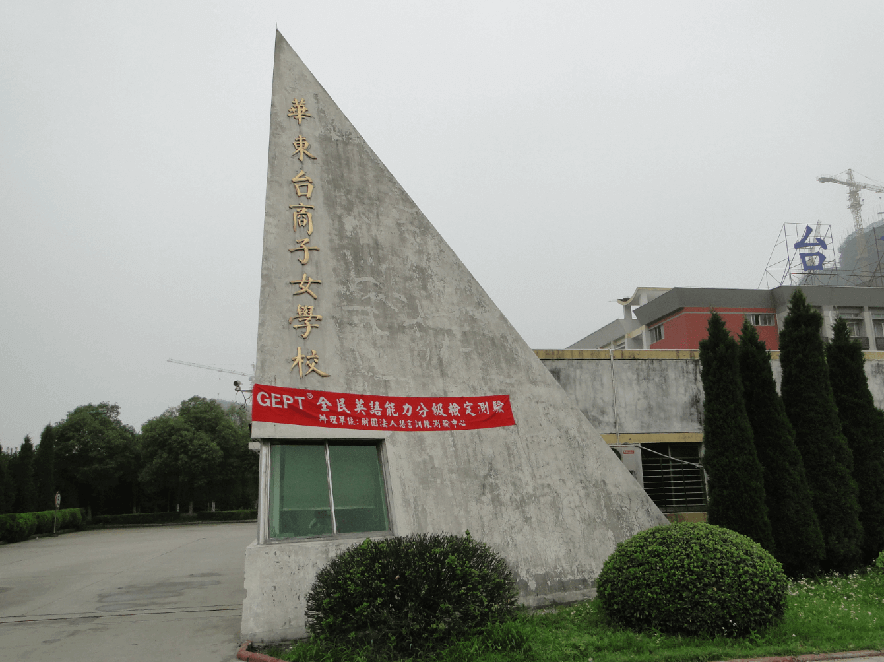
The LTTC accepts a commission from the MOE to develop and administer Proficiency Tests in Chinese/English Translation and Interpretation.
The LTTC celebrates the GEPT’s 10th Anniversary. The number of test takers exceeds four million.
The LTTC provides workshops on the development of English assessment for the University of Language and International Studies (ULIS), Vietnam.
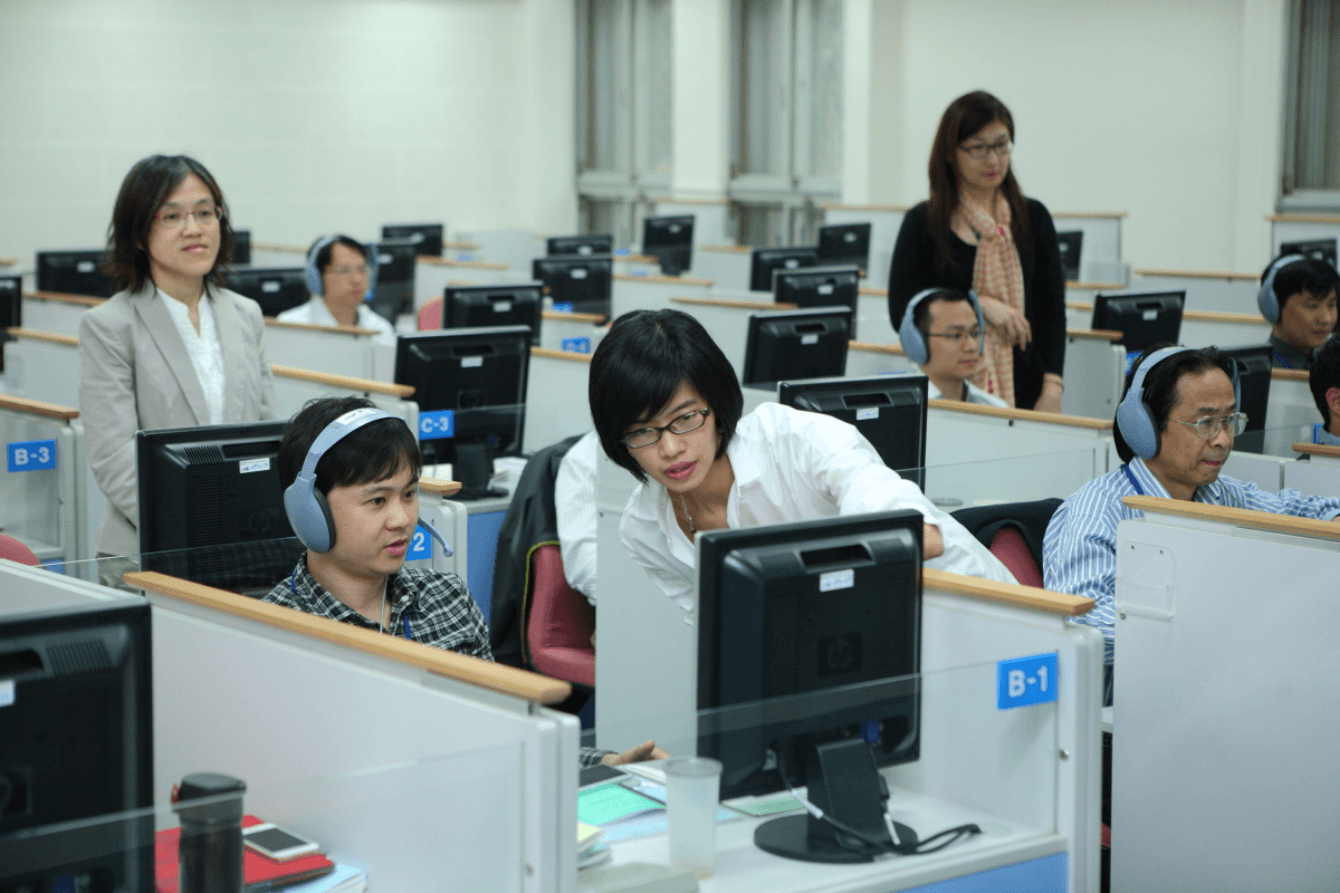
The LTTC collaborates with elementary schools in Taipei on piloting courses in Japanese and European languages for kids.
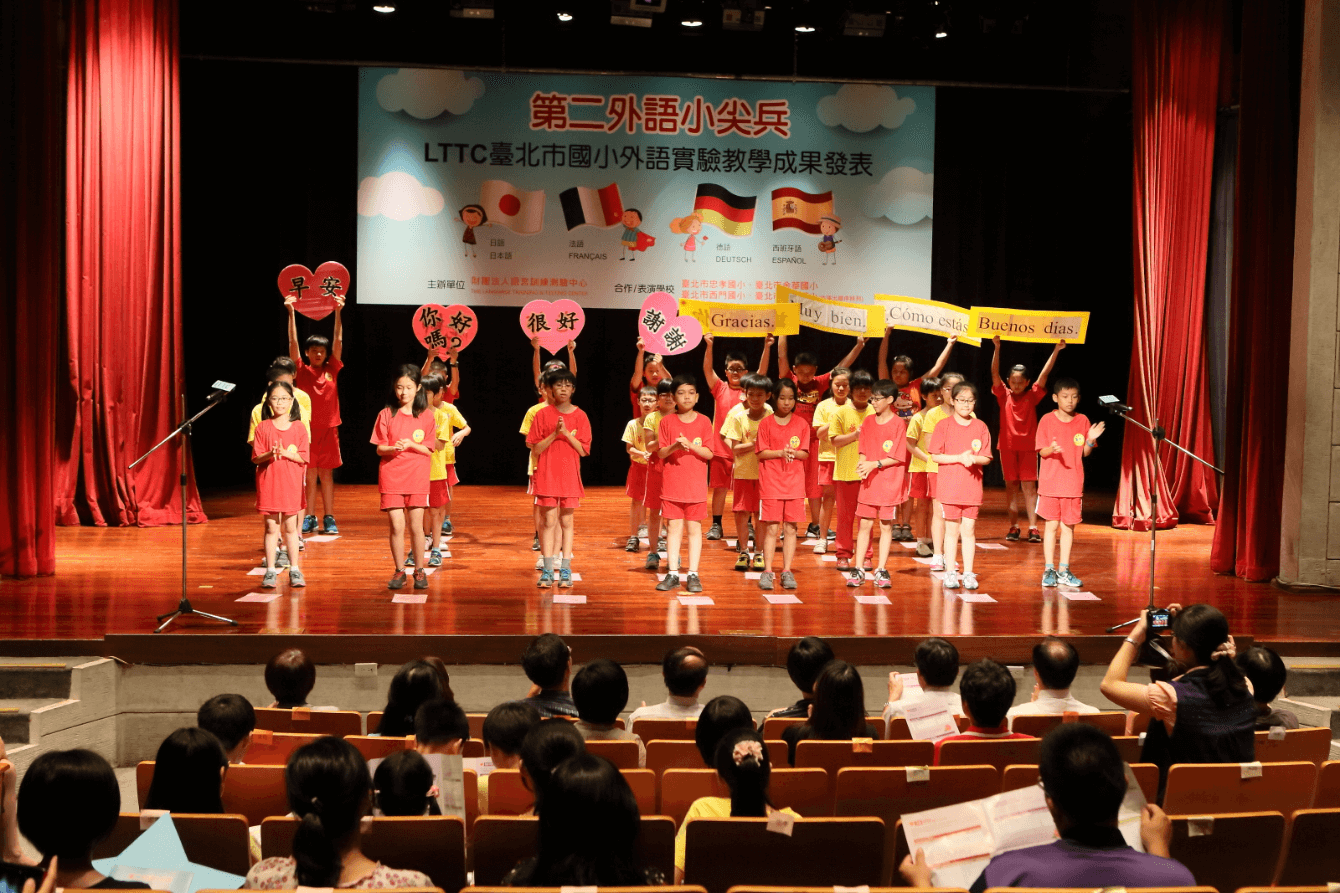
The number of GEPT test takers exceeds six million.
The Executive Yuan re-proposes the idea of stipulating English as an official language in Taiwan.
The Taipei City Government selects two elementary schools to pilot experimental bilingual courses adopting a CLIL approach.
The College Entrance Examination Center announces the introduction of new item types in 2022 in response to the 2019 competency-driven curriculum.
The LTTC hosts conferences for the Asian Association for Language Assessment and the Academic Forum on English Language Testing in Asia.

The LTTC accepts a commission from the MoE in Vietnam to conduct workshops on the logistics of administering large-scale English tests—using the GEPT as an example.
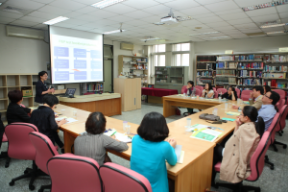
The LTTC adopts an automated scoring system for the GEPT.
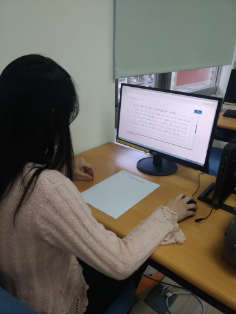
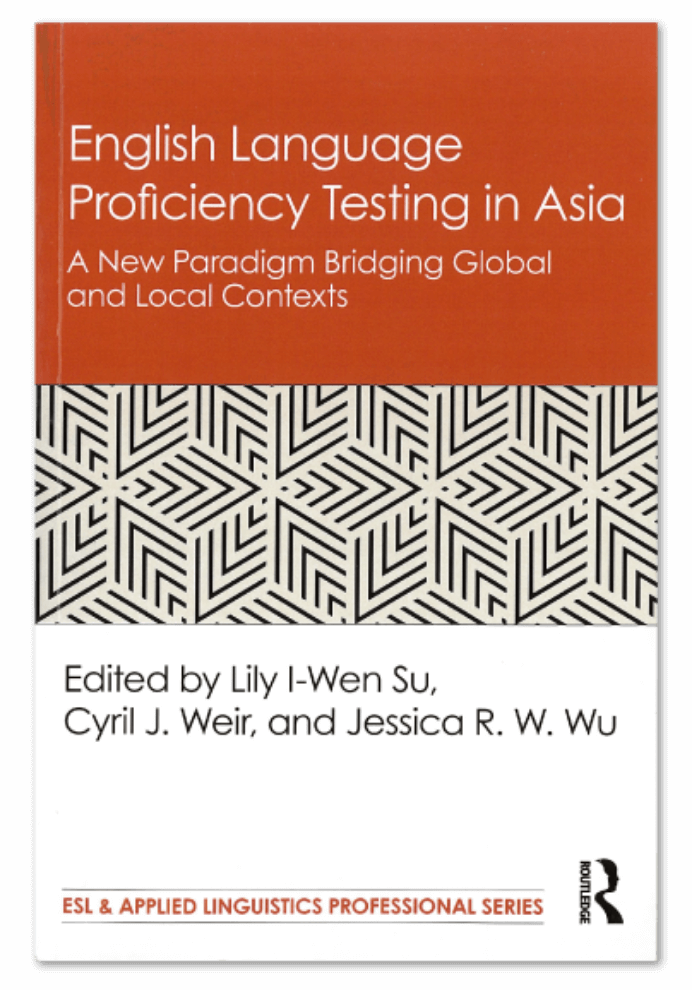 ➤
➤
A special volume entitled English Language Proficiency Testing: A New Paradigm Bridging Global and Local Contexts is published.
The LTTC is commissioned by the Department of Education, Taipei City Government, to develop listening and speaking assessment tools adopting a CLIL approach for 1st- and 2nd-grade life science courses.
The LTTC offers professional development activities and courses for in-service teachers, focusing on language teaching and assessment.
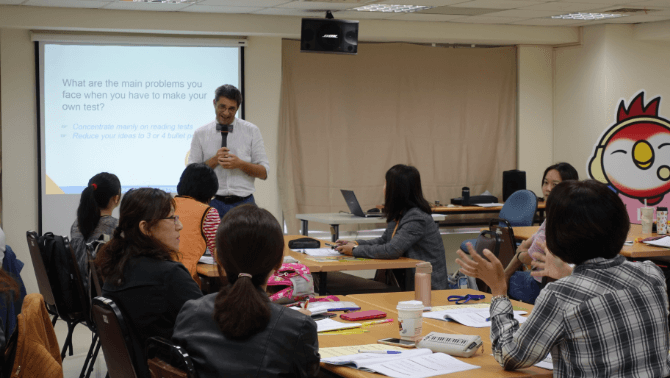
Thanks to Taiwan’s successful prevention and control of COVID-19, the LTTC becomes the only institute to administer TOPIK during this period.
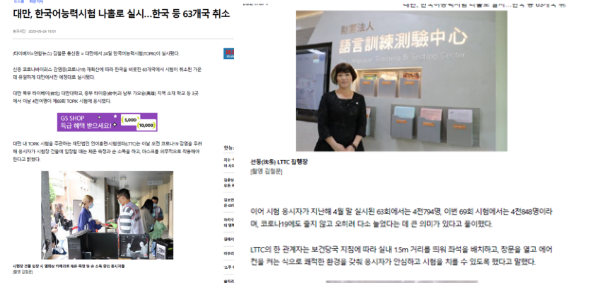
The LTTC celebrates the GEPT’s 20th Anniversary. The number of test takers exceeds eight million.
Smart English Competency Alliance (SECA) online courses are launched.

The LTTC is commissioned by several government organizations and educational institutions to provide workshops on Content and Language Integrated Learning (CLIL) for more than 400 bilingual teachers.
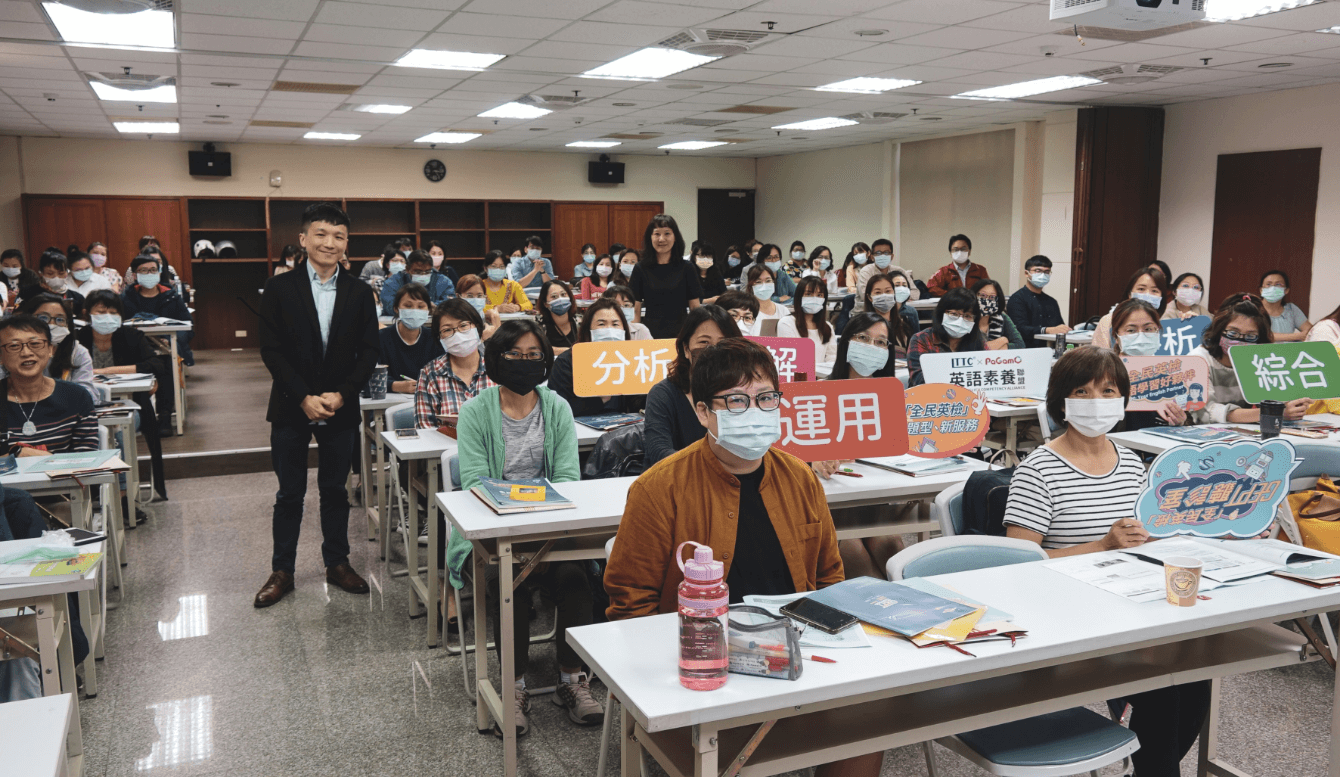
The LTTC is commissioned by the Ministry of Foreign Affairs to offer intensive professional English courses for trainees who have passed the civil service examination for diplomats and foreign postings.
The LTTC is commissioned by the Taipei City Government Department of Education to organize foreign language contests for high school students.
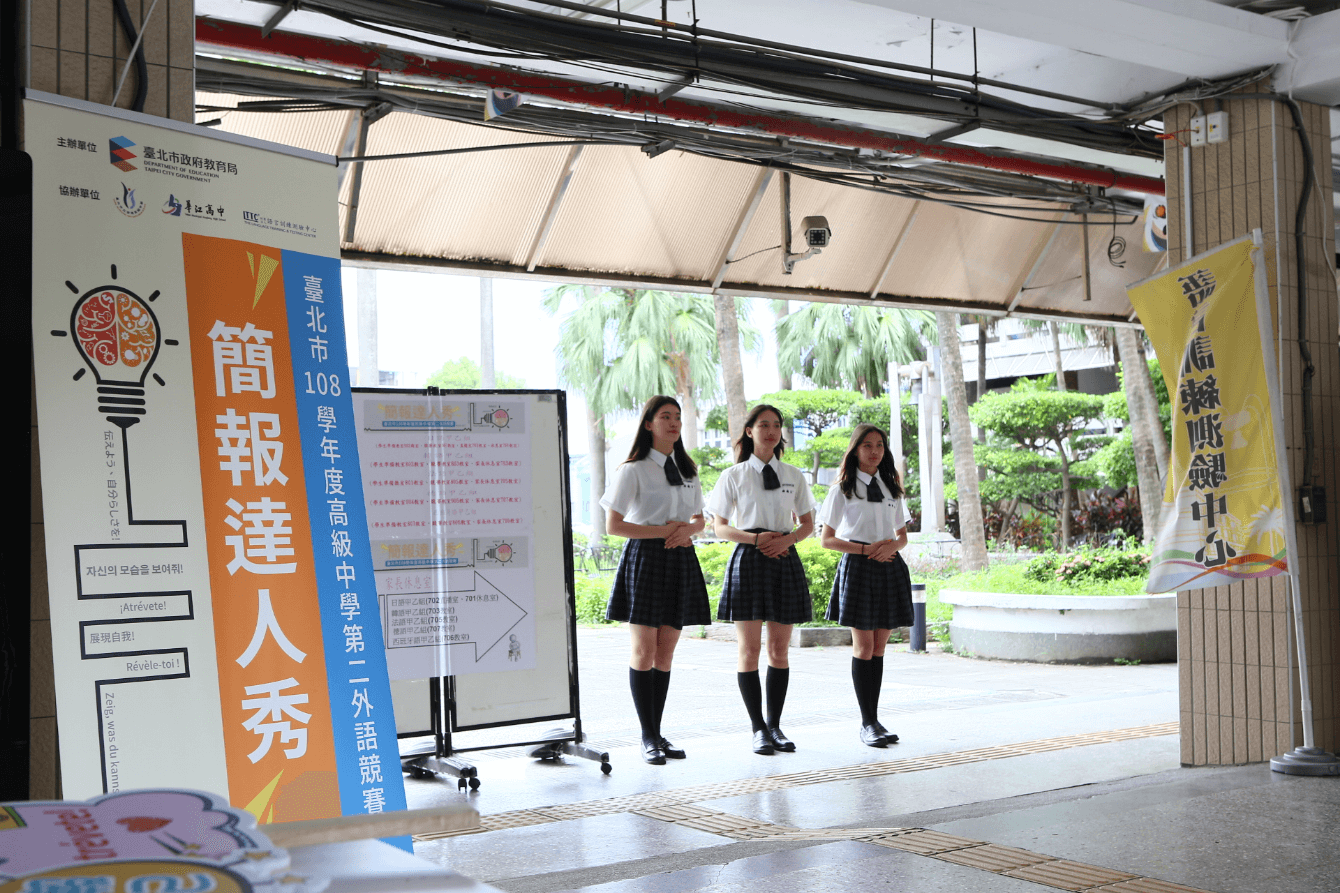
The LTTC assists the National Civil Service Academy to organize English language workshops to help civil servants improve their professional communication and writing skills.
The LTTC produces educational and entertaining videos to help learners understand the services provided by the LTTC.

In response to the competency-driven curriculum, the LTTC adjusts the assessment design of the GEPT’s listening and reading components. Meanwhile, The LTTC also launches the GEPT Diagnosis Room initiative to offer individualized feedback to test takers.
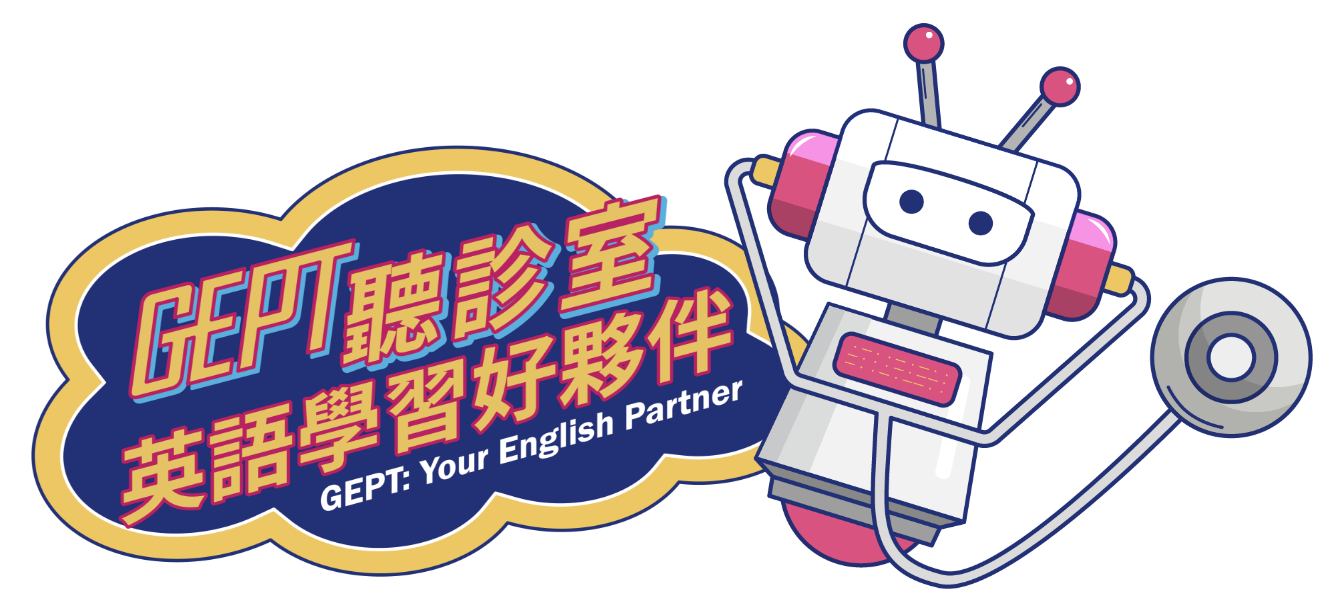
The LTTC celebrates its 70th anniversary and its 35th anniversary as a registered educational foundation.
The LTTC publishes two special volumes, one on EMI in Chinese-speaking regions, the other on GEPT test development.
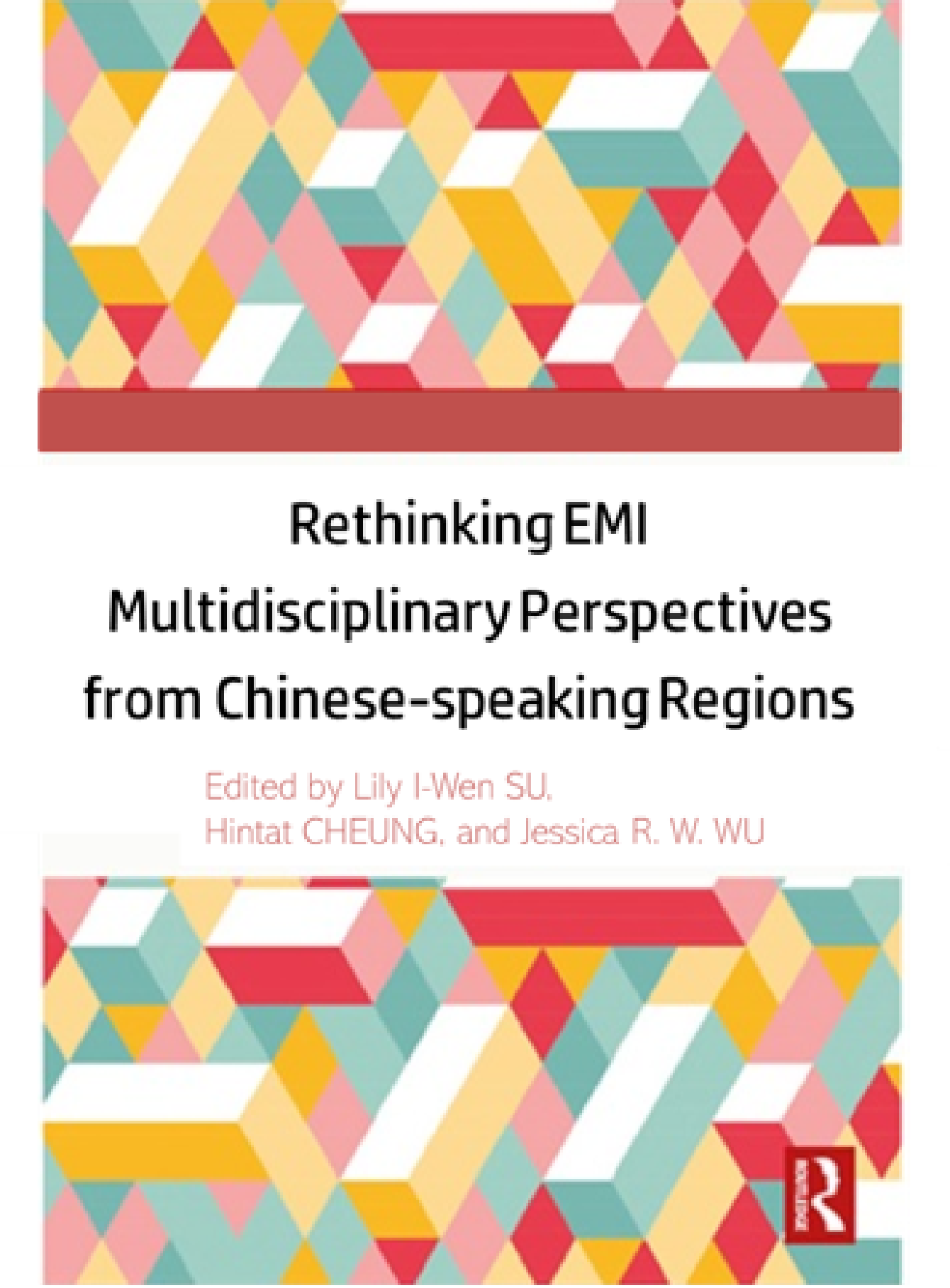
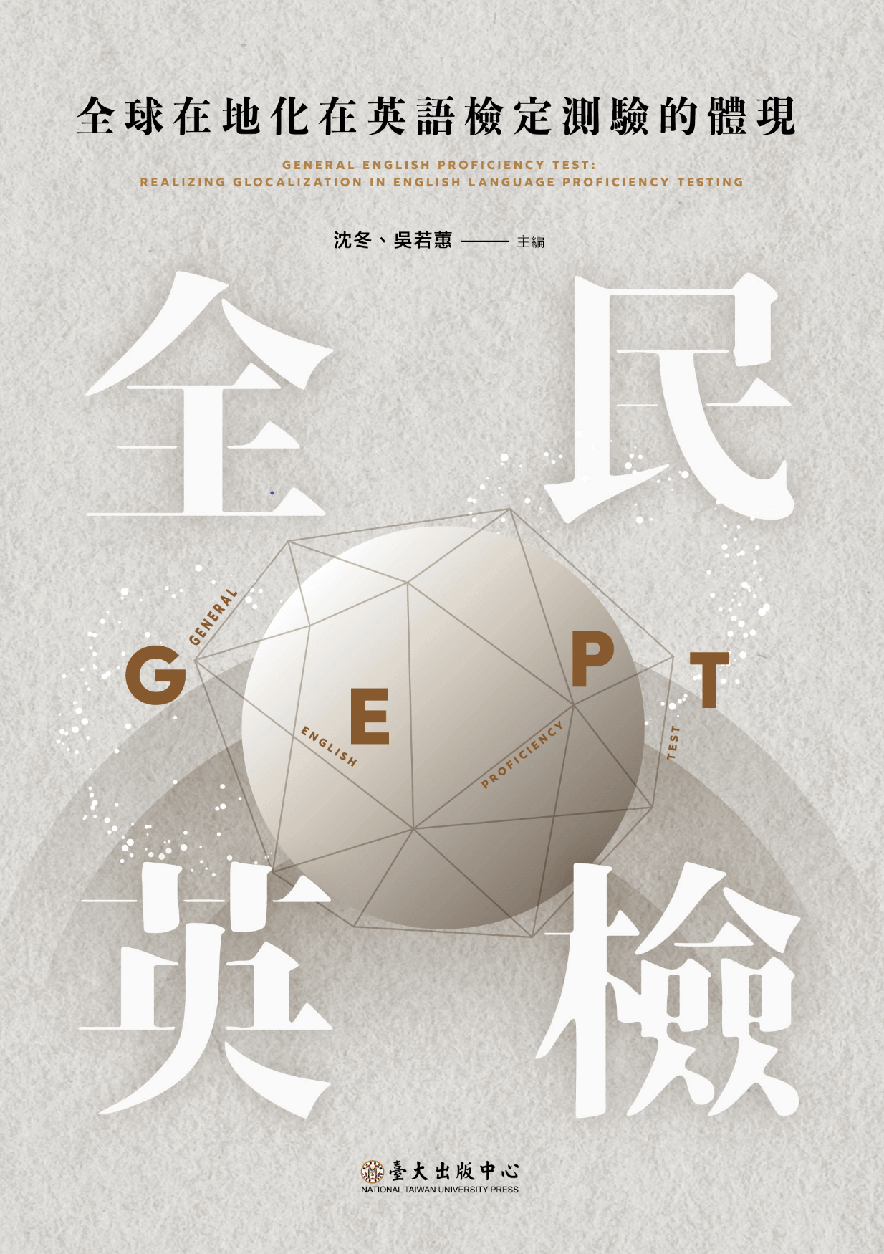
The LTTC is commissioned by the Ministry of Defense to offer English communication courses for military attachés.

From OEM to OBM

From Taiwan to the World

Your Lifelong Learning Partner

Towards Diversified Services

From Traditional to Digital

Education & Public Welfare
